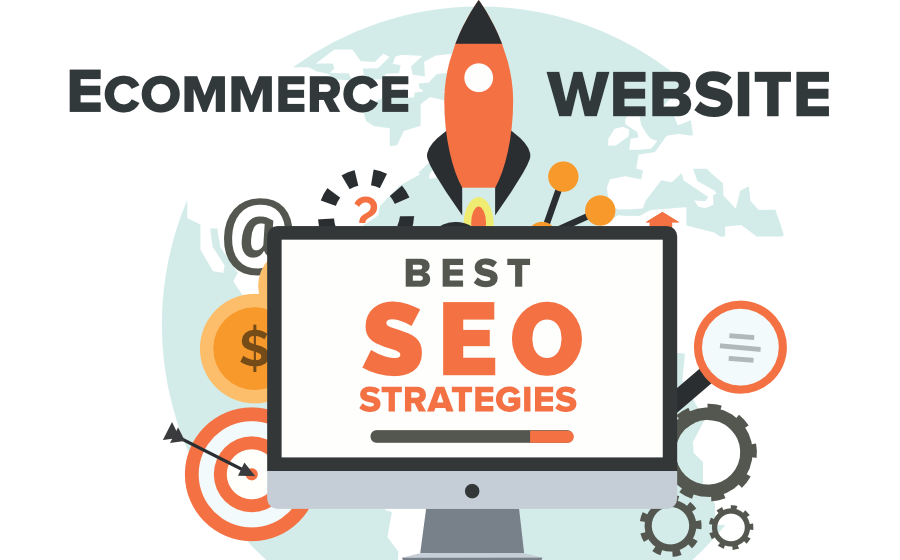Having a successful e-commerce store requires more than just a great product and a user-friendly website. In order to drive traffic and increase sales, you need to have a solid SEO strategy in place. Search Engine Optimization (SEO) is the process of optimizing your website to improve its visibility in search engine results. Here are some proven SEO strategies that can help boost your e-commerce store’s online presence.
Keyword Research
One of the most important aspects of SEO is keyword research. By identifying relevant keywords and incorporating them into your website’s content, you can improve your chances of ranking higher in search engine results. Use tools like Google Keyword Planner or SEMrush to identify popular keywords related to your products or industry. Focus on long-tail keywords that are specific to your products and have lower competition.
Optimize Your Product Pages
Each product page on your e-commerce website should be optimized for search engines. Make sure to include relevant keywords in the title, meta description, and product descriptions. Also, use high-quality images and include alt text with relevant keywords. Create unique product descriptions that highlight the features and benefits of each product.
Improve Site Speed
Site speed is a crucial factor that affects your website’s search engine rankings. Slow-loading websites can lead to higher bounce rates and lower conversions. Use tools like Google PageSpeed Insights to analyze your site’s speed and identify areas for improvement. Optimize images, minimize HTTP requests, and leverage browser caching to improve your website’s performance.
Mobile Optimization
With more people shopping on their mobile devices, it’s essential to have a mobile-friendly website. Google prioritizes mobile-first indexing, so make sure your e-commerce store is optimized for mobile users. Use responsive design to ensure your website looks great on all devices. Improve load times and make it easy for users to navigate and make purchases on their smartphones.
Link Building
Building high-quality backlinks is essential for improving your website’s domain authority and search engine rankings. Reach out to industry influencers, bloggers, and other websites to build relationships and earn backlinks. Create shareable content like infographics, guides, and videos that can attract backlinks from reputable sources. Focus on building a diverse link profile with a mix of dofollow and nofollow links.
Monitor and Analyze Performance
SEO is an ongoing process that requires regular monitoring and analysis. Use tools like Google Analytics and Google Search Console to track your website’s performance, monitor traffic, and identify areas for improvement. Analyze keyword rankings, bounce rates, and conversion rates to optimize your SEO strategy and drive more traffic to your e-commerce store.
Conclusion
Implementing these SEO strategies can help improve your e-commerce store’s online visibility and drive more traffic and sales. By focusing on keyword research, optimizing your product pages, improving site speed and mobile optimization, building backlinks, and monitoring performance, you can create a strong SEO foundation for your e-commerce business. Stay up to date with the latest SEO trends and algorithm updates to ensure your website remains competitive in the ever-changing digital landscape.

